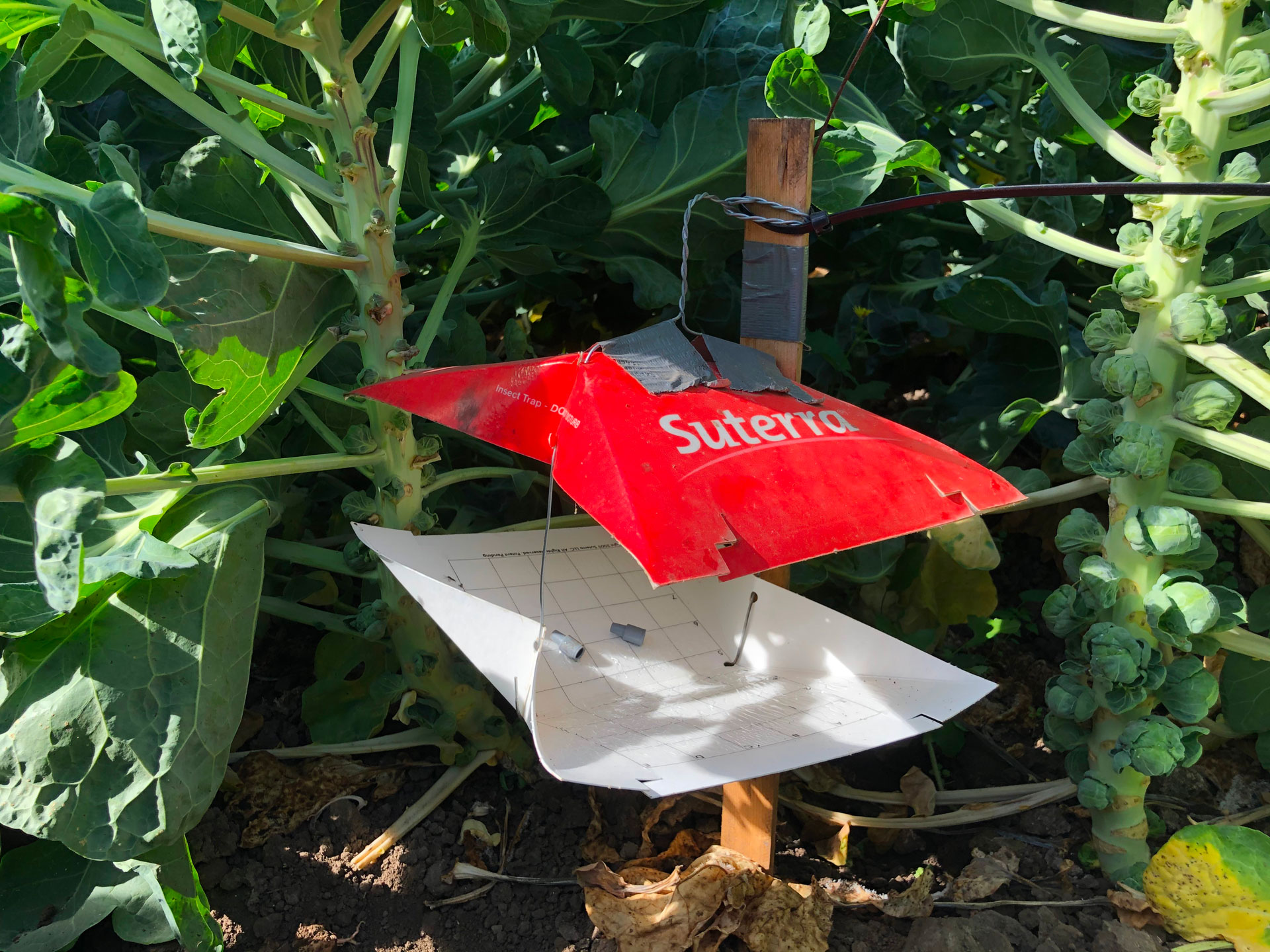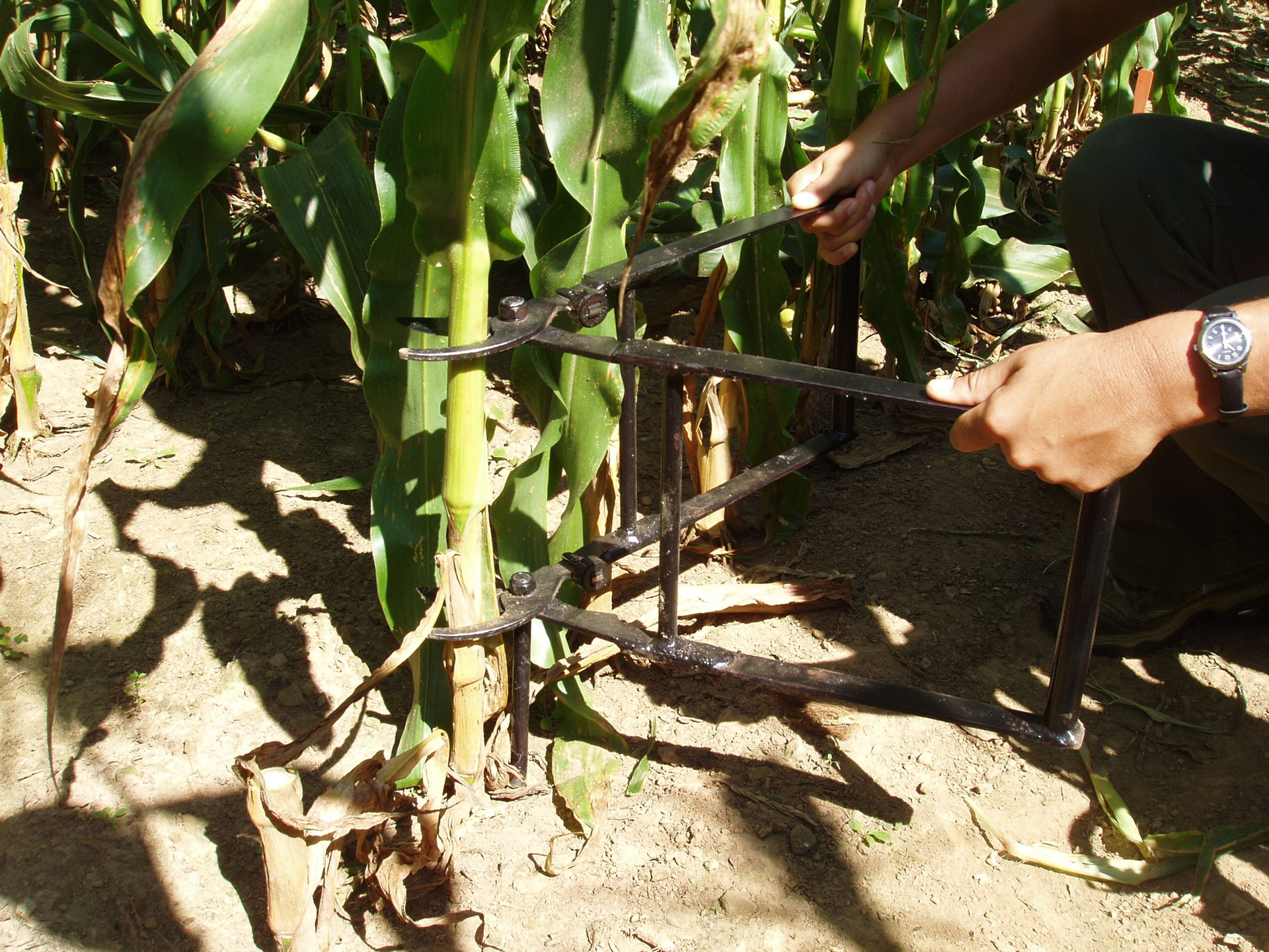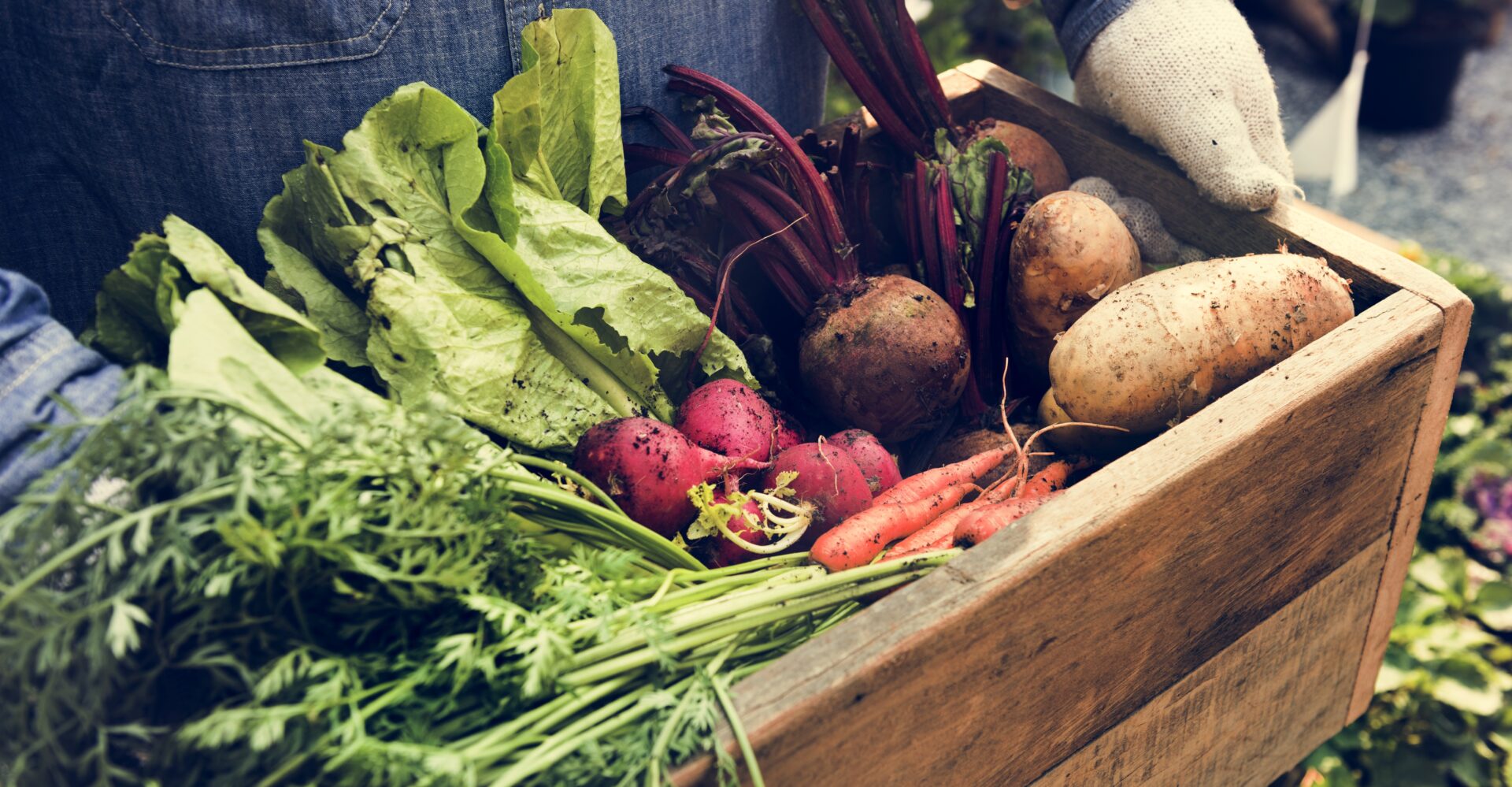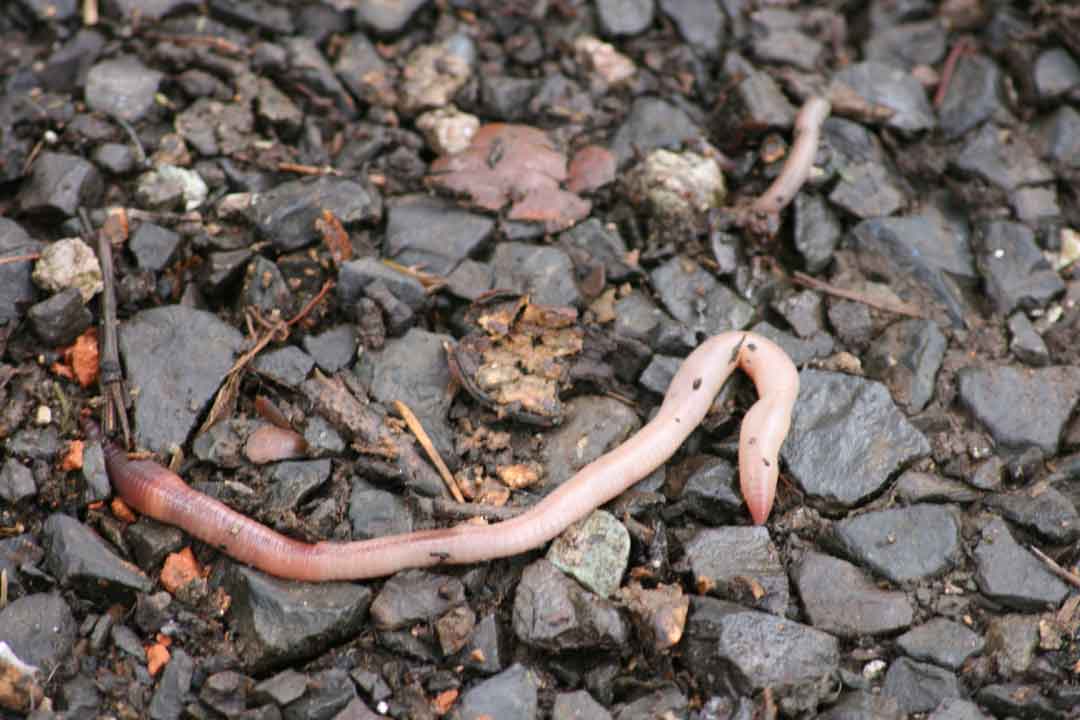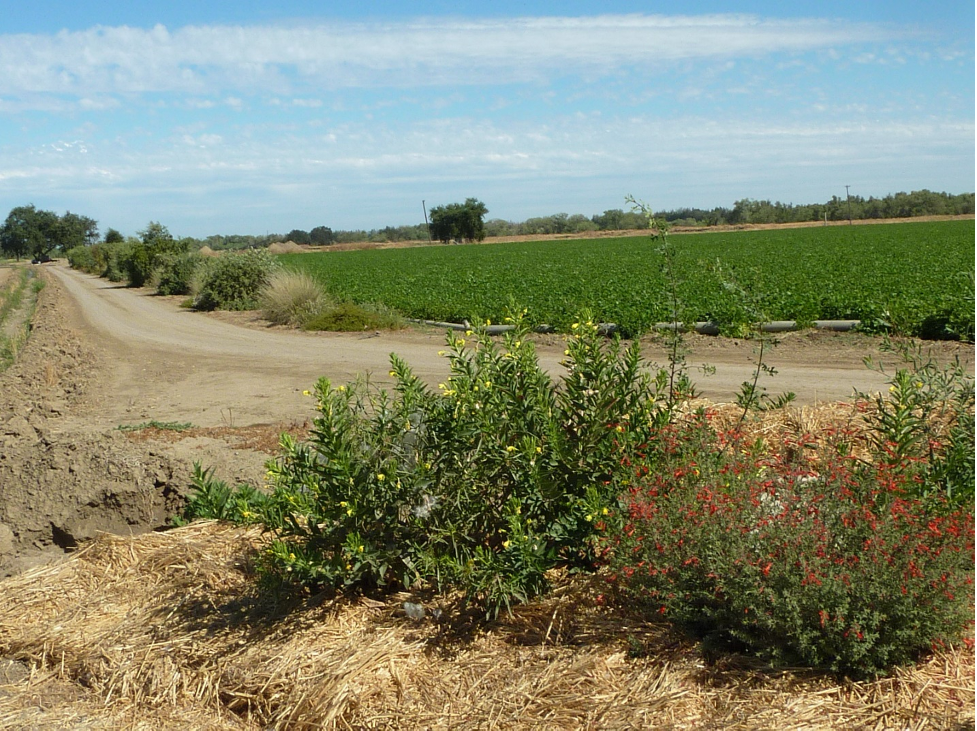
Farming is a difficult business. Farming organically is a bit more complicated than farming conventionally because it requires a different knowledge base and a different approach “between the ears” than conventional farming. Here are some thoughts about transitioning to certified organic production.
First of all, you should know that I’m biased toward many of the production practices that support organic production (cover cropping, use of compost, avoiding synthetic chemical pesticides and fertilizers, diverse crop rotations), because I’ve seen what good soil management and plant diversity above the soil line can do.
There are some basic considerations that farmers need to think about prior to transitioning to organic:
- Market and market demand
- Paperwork
- Biological transition
- Certified organic processing facilities (for meat, fruits, nuts or veggies)
- Equipment
- Commitment
- Mindset
What’s Your Market?
There are a lot of conventional growers that have adopted some or all of the practices typically considered “organic” because these practices support nutrient and water cycling. So, if conventional growers are doing this, then the first question you should ask yourself is, “Why transition to certified organic production?”
If your market demands certified organic product, or if the most likely sector for growth in your market is certified organic, then you better start climbing that organic learning curve (attra.ncat.org is a good resource.) However, if you’re just wanting to “do the right thing” and aren’t necessarily interested in the organic price premiums, then perhaps certified organic isn’t the appropriate path for you and your farm.
You can experiment with planting cover crops or use of compost on a small block and observe the results. I would remind readers that most of our soils are in a degraded condition from years of tillage, compaction, chemical impacts and lack of organic matter, so it’s likely going to take at least a few years of managing your soils with respect, and as a complex ecology, to begin to bring the life back to them so they’re functioning properly.
“Paperwork” Transition
Certified organic production requires a three-year transition from the last application of a prohibited substance to the date of harvest of a certified organic product. Generally speaking, transitional product (i.e. not certified organic) doesn’t command any price premium. Plus, there’s the paperwork—each certifying agency has something called the Organic System Plan (OSP) that you need to fill out—it’s a record of all your inputs and many of your production practices.
You should also be prepared if you’re an organic grower in California to register with the State of California as an organic grower (and depending on the size of your farm’s gross sales, you’ll be able to pay for this privilege. To see how much, visit organic.cdfa.ca.gov/OrganicReg/Registration_Fee_2017.aspx.)
Annual inspections of your farm operation are also required by the certifying agency. And each certifying agency has a slightly different fee rate. For the last several years, USDA has provided each state’s department of agriculture some funds to defray the cost of organic certification to the grower. This is usually 75% of the cost of certification up to $750. These funds may or may not be available in the next growing season. Check with your state’s department of agriculture.
And on a slightly different note, USDA’s Natural Resources Conservation Service (NRCS) has a practice under their Environmental Quality Incentives Program (EQIP) called Conservation Activity Plan Supporting Organic Transition (CAPSOT 138), which will pay for a qualified consultant (known in NRCS-ese as a Technical Service Provider or TSP) to develop an organic conservation plan for your transitioning farm— nearly identical to an organic system plan. If you’re interested, ask your local NRCS Service Center about CAPSOT 138, and if they can recommend it.
Biological Transition
The biological transition of your ground generally takes a bit longer than three years. Certainly, your farm’s ecology will continue to evolve and revive as your expertise in organic practices evolves, but it also depends on how creative you are in your use of cover crops, compost and general management of the soil ecology and the above-ground ecology.
You can learn a lot from talking with experienced organic growers. You can speed up this biological transition by implementing the “five principles” of healthy soil management (see ATTRA’s publication on this at attra.ncat.org/product/manage-soil-for-water.)
Equipment
There’s the “equipment curve” as well. You need to figure out what equipment you should have, but don’t have right now, to be an effective organic farmer; again, talking with an experienced organic farmer will help you avoid some of the larger mistakes transitioning growers might make. For example, cover crops are an increasingly popular way to improve soil health. One-hopper grain drills can be effective, but if you’re interested in planting a more diverse mix and different seeding rates, multi-hopper, no-till drills are available. Do you have equipment to manage a cover crop? Many farmers like flail mowers to handle heavy cover crops, but make sure you have an appropriate-sized tractor which has sufficient power to handle the flail mower.
Processing Facilities
A very important consideration is the location of processing facilities in relation to your farm’s location. Many certified organic products require certified organic processing facilities—this is especially important for nut crops, processing tomatoes, vegetables and leafy greens, and any meat or dairy products.
Transportation costs can quickly devour any organic price premiums that might accompany a product, so make sure you understand what certified organic processing facilities are available for your farm products and what the transport costs are.
Commitment
The grey matter between your ears is perhaps the most important consideration. If you’ve been farming conventionally and relying on chemical fertilizers and pesticides for managing fertility and pests, be warned that organic farming is a different animal, and really a different way of farming.
Over-reliance on synthetic chemicals has allowed some farmers to mask a lot of unsustainable soil and pest management practices with increasing amounts of chemical inputs, but even that approach eventually becomes too costly and less and less effective.
Making a commitment to investing in your soils, just as you would invest in maintaining farm machinery or farm buildings, or training your farm’s staff, is an important commitment to make. But to invest in your soils, you need to understand what investments in your soil will provide the best return. You can begin by learning the basics of soil ecology and applying those aforementioned five principles whenever and wherever you can on your farm.
Mindset and Input Substitution
A word about input substitution, since you can make a small fortune with this approach, but you have to start with a large fortune. For growers transitioning to organic production from conventional practices, it may be tempting to simply substitute organic inputs for conventional inputs. This can be done, but you’ll likely go broke doing it, since organic inputs, including everything from organically acceptable commercial fertilizers to pesticides, can be pretty pricey. It’s much more practical to grow at least part of your nitrogen-using cover crops and to rely mostly on diverse rotations and creating beneficial habitats for pest control.
Changing approaches from reacting to problems by applying chemicals to a mindset of proactive ecosystem management is a radical shift in how to approach problems on your farm. It can be a steep learning curve as well. But many farmers I’ve spoken with about this claim that adopting a more ecologically-based approach to farming makes growing crops and livestock fun again and more interesting. The bottom line is: whether you decide to farm organically or not, all of us, including non-farmers, need to become better stewards of this planet, which, as far as we know, is the only place in the whole galaxy with life on it.
Rex Dufour has been working in sustainable and organic agriculture for over 40 years. He has completed the International Organic Inspectors Association (IOIA) training for organic inspectors, has a MSc in IPM from UC Riverside and is registered as a Technical Service Provider (TSP) with NRCS in CA and NV.
Additional Resources For Making the Organic Transition
To choose a USDA-accredited certification agency (ACA), look through the list of options on the National Organic Program (NOP) website: www.ams.usda.gov/AMSv1.0/nop
“The Organic Certification Process” found within the Program Handbook, and in the ATTRA publication: Organic Certification Process:
attra.ncat.org/attra-pub/summaries/summary.php?pub=163
How growers overcome the challenges of transitioning to organic:
freshfruitportal.com/news/2020/09/21/how-growers-overcome-the-challenges-of-transitioning-to-organic/
Transitioning to Organic Production, ATTRA News 2006:
attra.ncat.org/newsletter/attranews_1106.html
10 myths about transitioning to organic:
duckduckgo.com/?q=10+myths+organic+transition+attra&t=ffab&atb=v225-1&ia=web
Organic Certification of Farms and Businesses Producing Agricultural Products:
attra.ncat.org/attra-pub-summaries/?pub=152
Non-GMO Dairy Transition Guide:
attra.ncat.org/product/non-gmo-dairy-transition-guide/
Organic Transition Training:
attra.ncat.org/event-calendar/organic-transition-training-2/
Thinking about transitioning to organic production:
agupdate.com/minnesotafarmguide/news/crop/thinking-about-transitioning-to-organic-production/article_06cced82-03b0-11e9-b116-a7399763cc99.html
Do the Numbers: Organic Grain Transition:
anchor.fm/moses-podcast/episodes/Do-the-Numbers-Organic-Grain-Transition-eg7mqs
MOSES Organic Farming Podcast
anchor.fm/moses-podcast/episodes/Do-the-Numbers–Part-2-Dairy-Graziers-on-the-Economics-of-Dairy-Grazing-efk3rf

